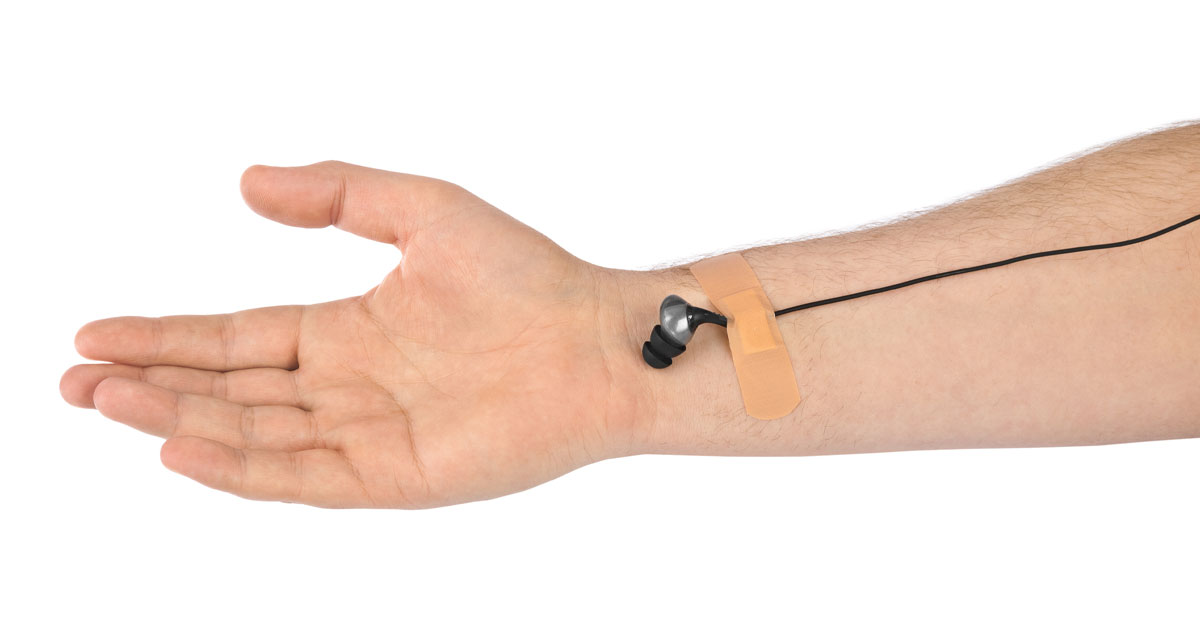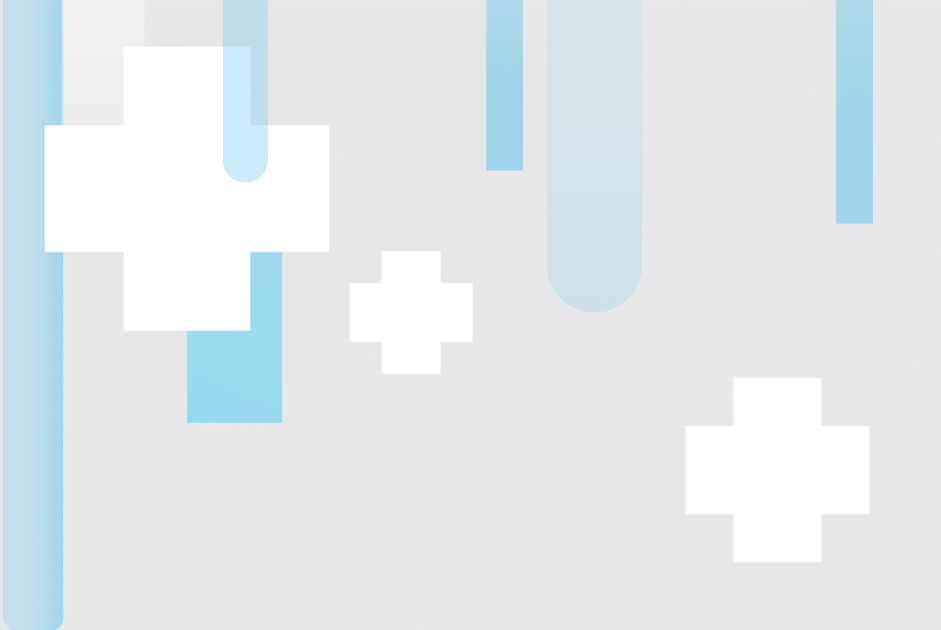by SUSAN BOYOUNG BAILEY SCHABACKER
Traditionally and today, music has not just embraced our ears and stuck in our minds, it has resonated with our hearts and souls and benefited our health, healing and happiness, as well.
The songs we listen to, create and share don’t just embrace our ears, they also resonate with our spirits and souls and can actually improve our health, well-being and real-ationships.
Research has shown the profound influence and impact that music has on the brain and body. Given what we now know about the many ways music can support and improve life, lifestyle and lifespan, you can choose to adopt a creatively crafted, strategic approach to your song selections that will maximize music’s bountiful benefits.
Music as Medicine
Worldwide and across all cultures, music is a universal language that’s been spoken in traditional and modern times to promote better health. Music’s capacity for restorative healing is not new and has benefited mankind since ancient times. In ancient Greece, music was known to be therapeutic, and those suffering with depression were advised to listen to dulcimer music while those suffering with anxiety or mania were encouraged to listen to a soothing flute. Hippocrates believed music and the medical arts were deeply intertwined. Interestingly, the Chinese symbol for “medicine” includes the characters that represent both healing and music, clearly linking the concept of music as medicine. Africans and Native Americans ritually shared a musical connection with singing and chanting in a harmonious marriage of rhythm and melody. Every culture creates and listens to music.
The intricate interconnectivity of music and medicine can lead to therapeutic benefits and healing. Extensive medical research studies conclude that music can positively impact the brains of those with Alzheimer’s and Parkinson’s and can improve the cardiovascular health among those recovering from recent heart attacks.
Looking for a natural pain reliever (that’s also cost effective) that soothes the senses without any side effects? Music can fit that bill. Songs can be harnessed to relieve stress and anxiety, alleviate pain and serve as a segway into sweet slumber. Music offers hope for those struggling with pain. For instance, studies have found music therapy to significantly reduce the pain of fibromyalgia while increasing functional mobility. Researchers believe alleviation of pain, in large part, may be due to a release of opioids in the brain.
Prozac or piano? For treating depression, music is making its mark in research, boosting mood, improving alertness and concentration, and aiding sleep (also beneficial to those with sleep disorders). Simply listening and opening your ears to embracing music will “activate more brain regions simultaneously than any other human activity,” says Neurologist Alexander Pantelyat, MD, Founder and Co-Director, Johns Hopkins Center for Music and Medicine.
Mindful Music for Health & Healing
Consider the feelings, mood and outcome you want to achieve when selecting the songs you choose to listen to. Find your favorite sounds and songs in many different musical genres/styles for any time of day, in any environment and situation.
Relax Tracks
Kick back and chillax, whether at home, at work or on the go to low tempo, lo fi songs that help you stay cool, calm and collected, weathering even the most chaotic and stressful situations. Stress busting, anxiety relieving and depression kicking soothing songs can help you relax and recover both mentally and physically. Try nature sounds (including white noise), classical, new age (including binaural beats and sounds specifically for healing), ambient, electronic soundscapes and folk.
Upbeat Up Tempo Energy Evoking
Boost that bass, as you boost your brain and get that blood pumping for a high energy cardio workout you work up to (and cool down from). Find ideal pick-me-up songs to get you moving with rhythms you can groove to. Pick up the pace with a quicker drumbeat, as your heartbeat also quickens with re-vive and re-vitalize tracks (however light or heavy) in genres/style like pop, rock, electronic and metal.
Make the most of your musical experience and engage in other helpful self-care activities to benefit your health and healing, like deep diaphragmatic breathing, staying hydrated, practicing mindfulness, meditation and prayer, massage/reflexology/aromatherapy, exercising and body conditioning.



















